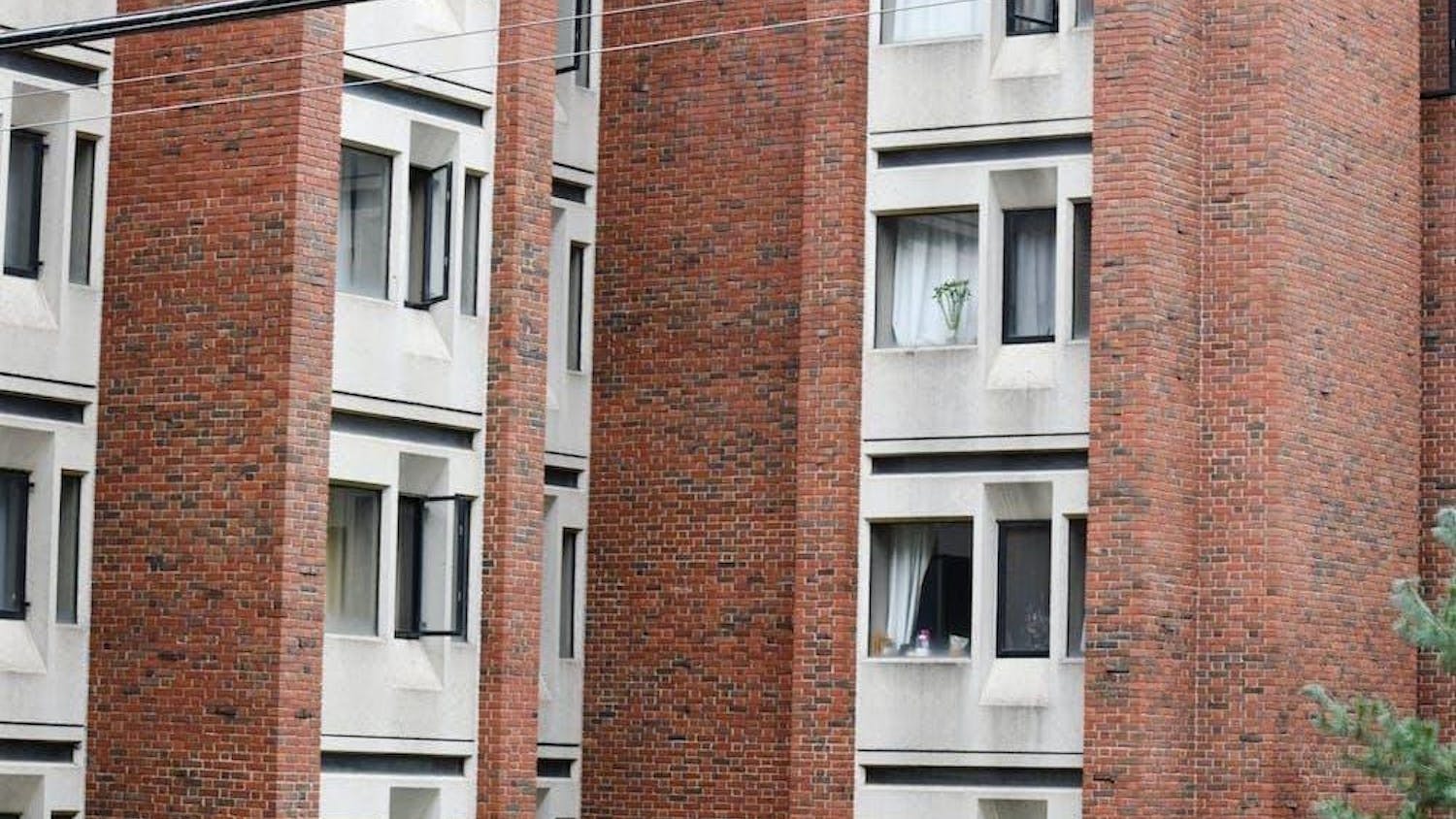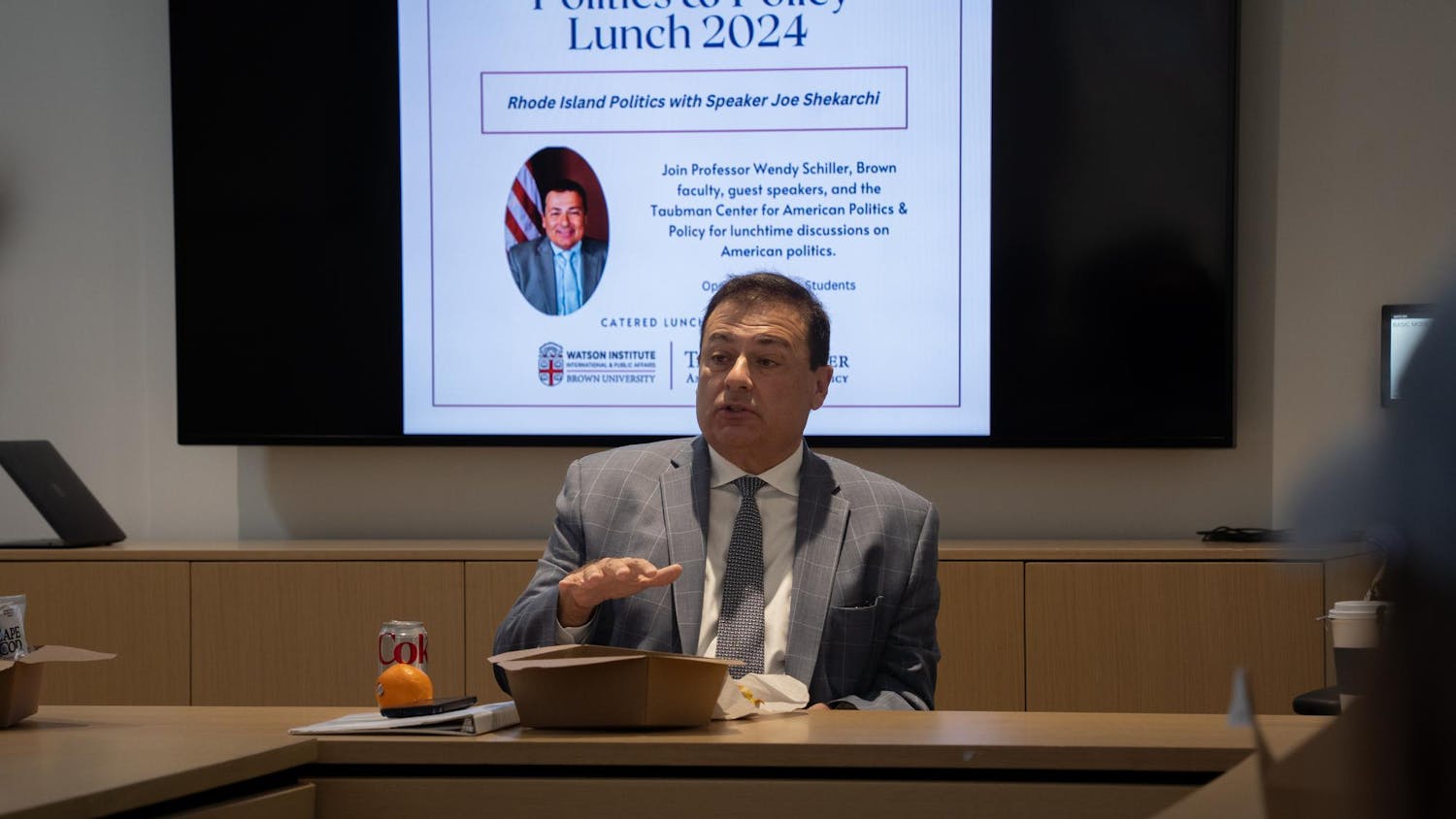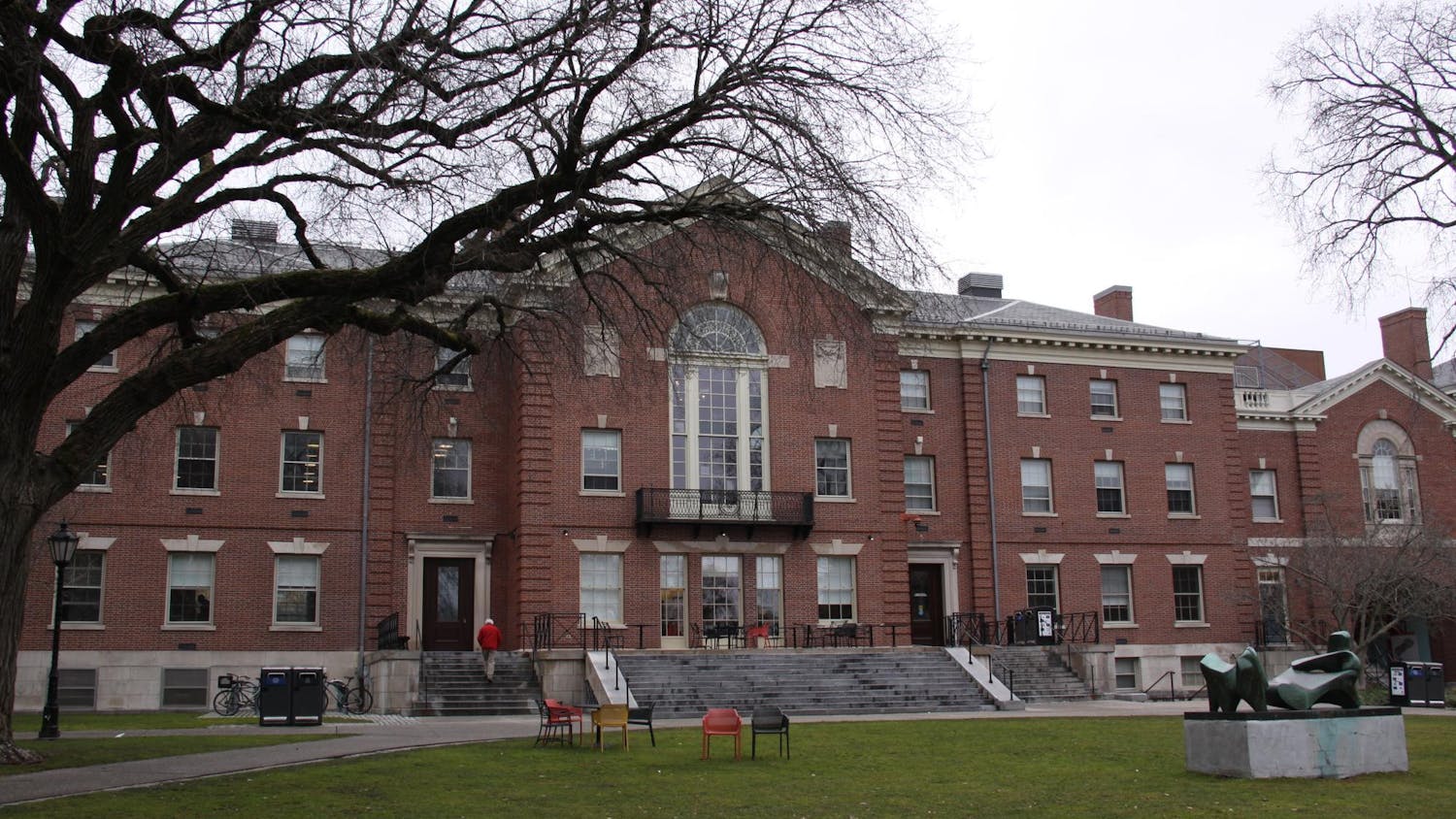As part of a large-scale effort to become more environmentally friendly, the University recently concluded Brown Unplugged: Do It in the Dark, its second annual dorm energy competition. Among 14 competing dorms, Littlefield Hall skyrocketed to the top with a 26.6 percent reduction of more than 1,500 kilowatt-hours in energy consumption.
The competition, sponsored by EcoReps, took place from March 2-22. Barbour Hall came in second with an 8.5 percent reduction, while Pembroke Quad took third place with a 6 percent reduction. The campus reduced its energy consumption by more than 25,000 kilowatt-hours, saving more than $3,000 and preventing 11 metric tons of carbon from entering the atmosphere. But the initiative's "primary goal is outreach," said Matt Breuer '14, an intern for the Department of Facilities Management and a Brown Unplugged organizer. "The actual numbers are not as important for us."
EcoReps saw higher participation rates this year than it did last year. "We had a goal to involve 1,000 participants and almost hit it," Breuer said. Last year, about half as many students participated.
Littlefield "really went way beyond where we normally would have expected a dorm to be able to do," breaking several records, said Chris Powell, director of sustainable energy and environmental initiatives. Littlefield, a first-year dorm, had a participation rate of 85 percent, four times greater than that of any other dorm.
"We had a really great response from freshmen this year, so I think it shows that it helps to target freshman and sophomores and people who are still living on campus," said Gretchen Gerlach '14, an EcoReps coordinator.
"As far as the secret goes, it was really just about the dorm being cohesive and a good community. Everyone really was dedicated. I sent out a couple emails and everyone really jumped on it," said Jonathan Schear '15, Littlefield dorm captain. During the competition, Schear shut off hallway and bathroom lights in the dorm when they were not being used and personally attached all of his electronics to one power strip so he could easily monitor his own energy consumption with the flick of a switch. Other Littlefield students used desk lamps instead of overhead lights, and some even showered in the dark.
Because of this effort, Littlefield students celebrated their success at the Winner's Dinner with President Ruth Simmons. At the dinner, Schear won the award for highest percent participation, while the Keeney Quadrangle dorm captains, Anna Poon '15 and Jeff Baum '15, won the award for highest number of participants.
Two weeks before the competition's start, EcoReps checked the energy consumption numbers for each dorm so they would accurately reflect consumption relative to the current students living there, Breuer said. Energy consumption data during the competition was inputted automatically to an online dashboard where it was further calculated and displayed, said Kai Morrell '11, energy and environmental sustainability coordinator of facilities management.
This year's competition also successfully solved last year's "hiccups," Breuer said. Last year's competition dealt with the difficult process of manually inputting data, he said. An increase in the number of EcoReps involved also helped the competition go more smoothly. With the help of dorm captains and area interns, the EcoReps formed a "much better communication plan and campaign," Powell said.
Both the University and EcoReps are looking to expand the competition in upcoming years and continue to reduce the University's carbon footprint. Organizers are considering incorporating a thermal metering component, which would measure heat energy. "Students' carbon footprint is really (more) tied to the heating of the dorms than to electricity use," Powell said.
"I think this was a really great year and sends us off in a good direction for next year," Morrell said.




